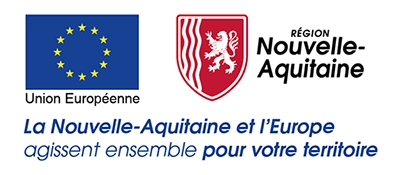‘This is just the beginning, there is more going forward. With the growth of the Indian aviation market, this is the right time for us to place this order’
(IndiGO CEO – Pieter Elbers)
It was great to attend the Paris Air Show last week which was the first to take place since 2019 after 2021’s Paris event was cancelled due to the COVID19 pandemic.
Day 1 began with a visit from President Macron who arrived by helicopter to formally open the event and set the scene for a grand spectacle of innovation, collaboration, and major announcements.
We did not have to wait too long for the latter, with Indian carrier IndiGO placing a record order for 500 single-aisle Airbus jets. Some forecasts (at the time of writing) were predicting total orders of around 2000 planes during the week. To say this is an event for big deals, was no understatement.
Indeed, on the second day there were even more order confirmations, namely from Philippine Airlines for 9 A350s and Qantas for 9 A220-300. The focus was however once again on India with another huge order, this time by Air India for 470 planes – 250 from Airbus and 220 from Boeing.
As these orders were announced, it was as though someone had turned up a volume dial in the massive Hall 4 were IMET’s stand was located. Incoming! news coming through of another announcement!
The magnitude of these orders not only supports the International Monetary Fund’s (IMF) most recent projections for India’s economic growth but is confirmation of the commercial aerospace sector’s post-pandemic recovery.
Just to put into the commercial aircraft recovery into some perspective, orders from the 2017 Paris Air Show totalled 1,226. 2019’s show produced 866 orders whilst it is estimated that the 2023 total will exceed 2000 new orders to meet current global demand.
But is there a cloud to this silver lining?
The leading players in the aerospace industry are reliant on a vast, global network of direct and indirect suppliers.
The boom in demand will inevitably put more pressure on an already beleaguered supply chain, leading to uncertain lead times in the delivery of parts and materials and ultimately aircraft deliveries.
A shortage of skilled labour, parts and rising costs are all factors resulting from the pandemic with some analysts saying it may be years before it can fully recover. COVID was a particular challenge for smaller and medium sized suppliers who are still struggling to come to terms with the post pandemic landscape.
These factors will inevitably be felt further up the supply chain, impacting on important lead times. It may therefore be in the interest of the bigger players to actively support suppliers who are struggling to meet the current and future demands due to the aforementioned issues.
This raises a series of ethical questions about key manufacturer obligations and the $64,000 question, what can they do to help suppliers?
The airline industry has a superb record of collaboration and leading the way with innovations, no less so than the drive to net-zero by 2050. The threats posed by supply chains could present even more challenges for this most innovative of sectors to address.
In the meantime, let’s enjoy the moment and celebrate the return of new contracts, from which the whole industry and its suppliers can benefit.

